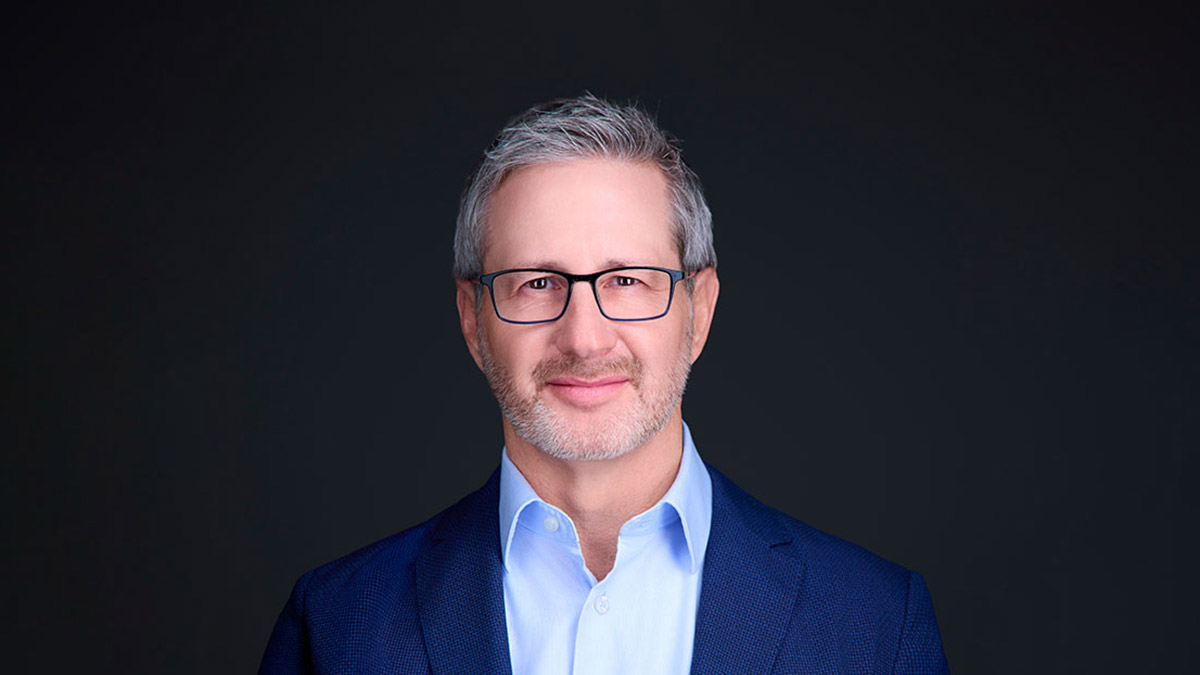This is a guest post by Hannah Hoskins.
As Gen Z enters the workforce, we have expectations for a digital world that amplifies the first digitally native generation.
Technology is what Gen-Z lives and breathes. We have Tik Tok, Instagram, Twitter, Snapchat, and more filling up the space on our phones. We constantly switch from app to app, engaging in content from all over the world and making sure we stay connected. Because of this, having multiple communication channels should ideally translate into our future workspaces as well. The reality is, Gen-Z has an advantage in a world where digital connectivity is the new standard. A new collective generation is entering the workforce wondering, what does this new future of work look like? We certainly have lots of ideas of our own, but can employers keep up?
@gingrfairy a day in the life #hybridwork
♬ Clouds - Luke Faulkner
Nia Sallie, a rising senior at the University of Southern California (USC) values flexibility.
“Flexibility is the main aspect I am looking for in a future workplace. Not everyone is most productive with the traditional nine-to-five in an office setting,” says Sallie, “I value my time and I know I am most productive when I am given the option of where I want to work and when. Being micro-managed won’t be tolerated anymore, we are adults.”
This seems to resonate with the rest of Gen-Z as well. The 2020 Gartner Reimagine HR Employee Survey found that 65 percent of Gen-Z workers expect their employers to let them work remotely.
As a flexible generation, Gen-Z will not be flexible with our needs as a worker.
@ciscohybridworkmagazine part of my hybrid work day!
♬ The Bug Collector - Haley Heynderickx
The hybrid workspace is the perfect opportunity to meet the needs of Gen-Z along with the needs of the growing multigenerational workforce. We want a workspace that values inclusivity and promotes different viewpoints. A 2020 survey from Glassdoor found that 76 percent of job seekers and employees want to work for a company that has a diverse workforce. Joy Wada, a fellow rising senior at USC, shares how diverse talent can be found worldwide.
“Hybrid work can empower an inclusive future because it allows you to not only recruit in areas you may have not considered previously, but it also gives people the opportunity to work from any location that they would like,” says Wada, “I think that gives you the ability to reach and employ and hire people with different mindsets from different geographic regions. When you have so many different perspectives, you are better able to create a product or a service.”
@ciscohybridworkmagazine syds hybrid work day
♬ Clouds - Luke Faulkner
Excitingly, this also opens the opportunity for people to travel and be able to work at the same time. The digital nomad dream is already becoming popular, and this could allow for companies to expand their worldview. Data from Emergent Research have estimated that 60 percent of digital nomads in 2020 were employees rather than freelancers.
University of North Carolina at Chapel Hill student Sydney Frost shares why travel would make her a happier person.
“I think experiencing different cultures and atmospheres and environments makes you a more well-rounded and knowledgeable person and it makes you more inclusive in the way you work and in the language you use,” says Frost.
This ability to see the world is what inspires many of this younger generation after a draining year and a half with Covid-19. Annie O’Neill, a student at the University of North Carolina Wilmington talks about how living abroad would benefit her language skills.
@noooooooooooooo35 working on wrightsville beach for the summer✨
♬ Summer Days - Martin Garrix / Macklemore / Patrick Stump
“I was and I am still really hoping for the opportunity to live abroad in Spain to improve my Spanish,” says O’Neill, “Back in 2020 I was lucky enough to get the opportunity to do a summer session abroad but unfortunately that did not happen due to Covid. Getting to live abroad in my young adult life is something I am prioritizing and hoping will get to happen after I graduate and start my career.”
Flexibility could allow Gen-Z more rewarding and fulfilling opportunities outside of work. This has been found true by Gartner who has stated that 62 percent of the Gen-Z population wants to have the opportunity to live close to family and at least 52 percent of Gen-Z wants the option to work from remote locations. This could look like living in South America, exploring the continent, and still managing to work away from the office. This could also look like visiting our families in another state for a few days without too much of a sacrifice.
Still, autonomy over our lives looks different for everyone.
Teonja Tatum, a student at North Carolina A&T University, is excited about hybrid work for another reason.
"Hybrid work or remote work would allow people to be comfortable wherever they wanted to be and still be able to get the job done,” says Tatum.
Comfort bridges over to happiness. Gartner's survey found that 81 percent of Gen-Zer's think their employers should increase their support for employees’ emotional well-being after the pandemic. Emotional well-being encompasses all parts of mental health, and pacing out your week in a way that is productive for you eliminates stress. In order to bring your best self to work, being conscious of your mental health is important for you and your workplace to advocate for.
Advocating for mental health comes in many forms. A workplace that is vocal about social justice is also becoming imperative for Gen-Z, the most diverse cohort to enter the workplace yet. This generation has been extremely passionate about standing up against discrimination in all forms and they are itching to be a part of a workplace that wants to work towards this too. Gartner’s survey even found that perceptions of an organization's ethics are a key driver of attraction for Gen-Z. Knowing that your workplace has your back and is empathetic to the needs of others is the ultimate way to make an employee feel happy and content in their job.
Being in a space or a place where you feel comfortable is an essential aspect of the future of work no matter where that is. Regardless, freedom is the future, and Gen-Z is pioneering that desire for us and for future generations to come.
###
Related content:
The next future of work? It’s about empathy, trust, and creative thinking



